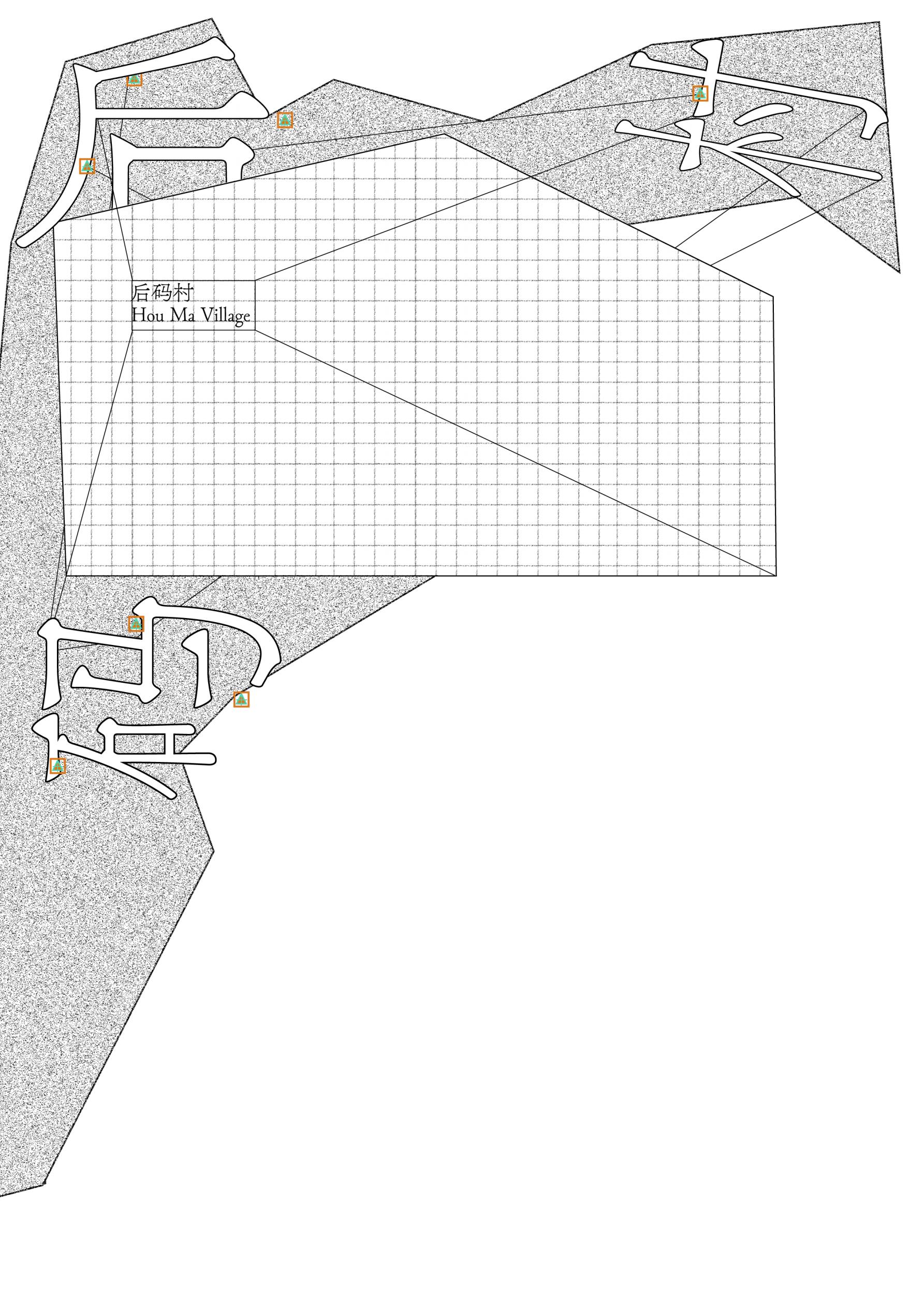In the rapid urbanization process, many elderly villagers are forced to leave their familiar rural environments for unfamiliar urban settings. Traditional rural cultural symbols are gradually being eroded and forgotten in urban development, with the emotional memories they carry turning into nostalgia for these elders. Demolition policies often prioritize economic factors while neglecting humanistic considerations, leaving relocated elders without not just physical homes but spiritual anchors as well. Their lives become “placeless” in urbanization, severed from native cultural and social connections.
This project addresses this overlooked issue of cultural memory and spiritual belonging among relocated elders. Centering on the “coded reconstruction” of rural symbols during urbanization, it creates a new local chronicle that serves both as an “archive” documenting disappearing rural emotional symbols and a “manifesto of resistance.” It reveals how “coding” compresses nostalgia into cold data, stripping symbols of their emotional core, thus questioning the “preservation versus erasure” paradox in urban development. Rejecting sentimental narratives or false reconciliations, the project positions elders as both “witnesses and resisters,” helping them find coherence amid dislocation while resisting the data-driven alienation of memory and emotion.






